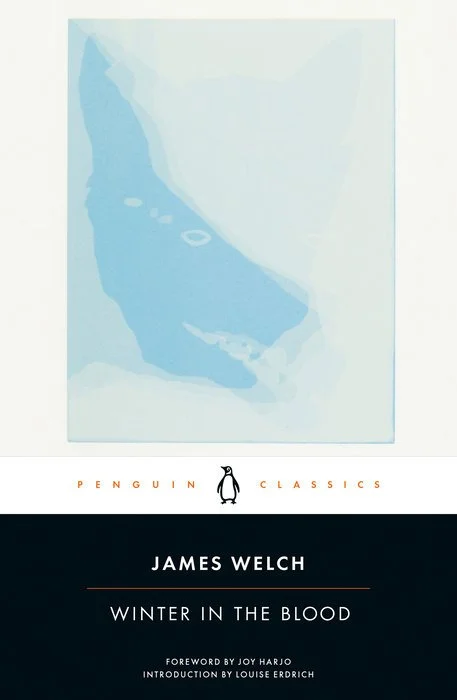Westerns
I have a wide definition of a “western” as a work of fiction. James Fenimore Cooper’s last Leatherstocking novel, The Prairie (1827), is a Western in even a modern sense of the category. The Dime Western of the post-Civil War period, and the sensational “yellow” Westerns that overlapped the end of the wars with the American Indians of the West created and strengthened the stereotypes and conventions that later generations of writers had to deal with.
What is important and interesting, however, is that those later generations of writers are good, sometimes great. From Zane Grey (Ohio-born) to Louis L’Amour, A.B. Guthrie to Larry McMurtry, Dorothy Johnson to Paulette Giles, Elmer Kelton to Elmore Leonard, Thomas McGuane to Edward Abbey to N. Scott Momaday - so many writers have faced and continue to face the West and its history and its landscape.
I have a Westerns section in the store in the far frontier of the North Room, but I have other Westerns scattered in different areas, outposts in other literatures. I will work to gather them on this page, an ongoing building of community. Audiobooks of Western writers, including Zane Grey and A.B. Guthrie, Jr., are listed on my Audiobooks - Fiction, Poetry, Drama page.
A note on Louis L’Amour’s books: they are listed in alphabetical order by title with the exception of the 17-volume Sacketts titles, which are clustered at the end and numbered according the rough chronology L’Amour intended (it was flexible by his intention and unfinished at his death).
Listed here alphabetically by author.
Winter in the Blood
Winter in the Blood
A contemporary classic from a major writer of the Native American renaissance — “Brilliant, brutal and, in my opinion, Welch’s best work.” —Tommy Orange, The Washington Post
One of The Atlantic’s Great American Novels of the Past 100 Years
During his life, James Welch came to be regarded as a master of American prose, and his first novel, Winter in the Blood, is one of his most enduring works. The narrator of this beautiful, often disquieting novel is a young Native American man living on the Fort Belknap Reservation in Montana. Sensitive and self-destructive, he searches for something that will bind him to the lands of his ancestors but is haunted by personal tragedy, the dissolution of his once proud heritage, and Montana’s vast emptiness. Winter in the Blood is an evocative and unforgettable work of literature that will continue to move and inspire anyone who encounters it.

